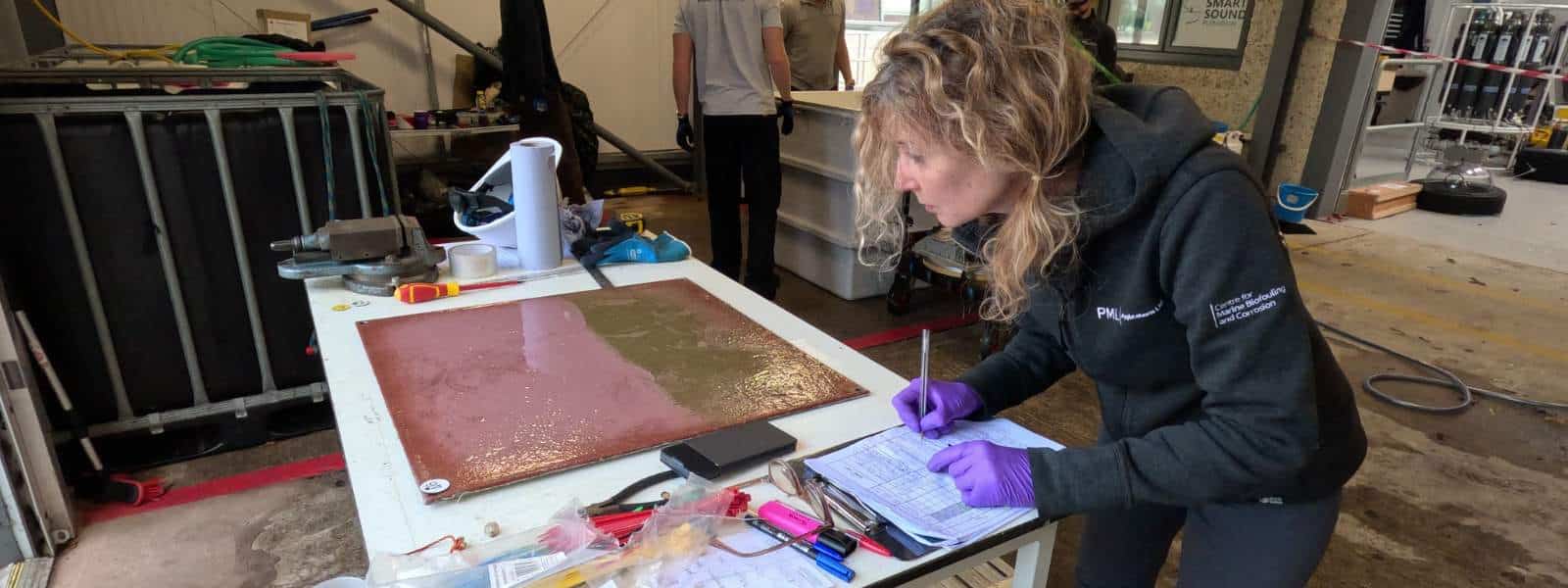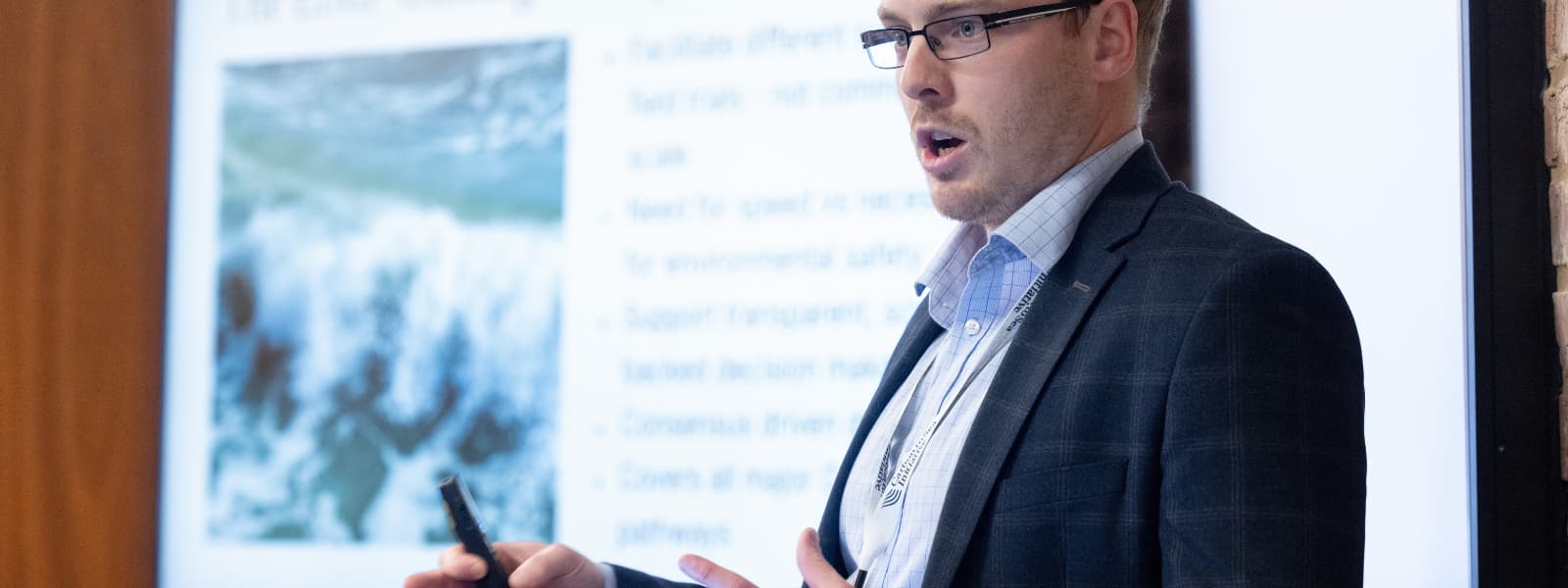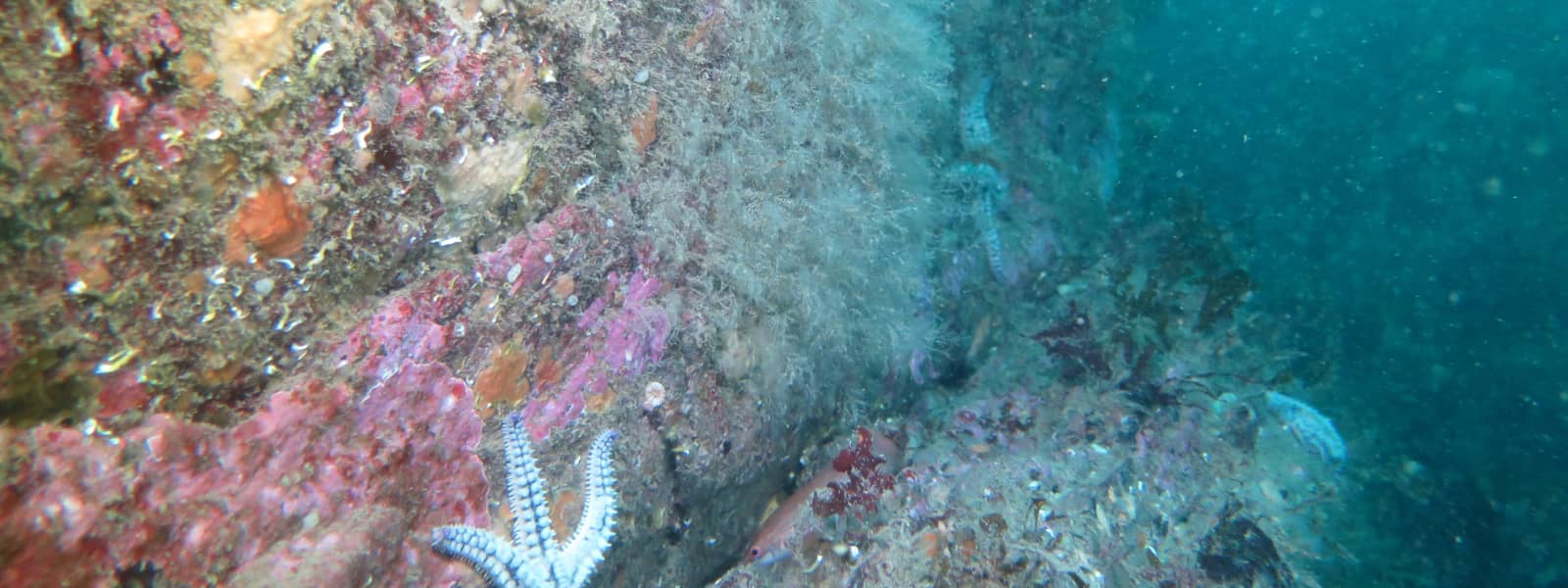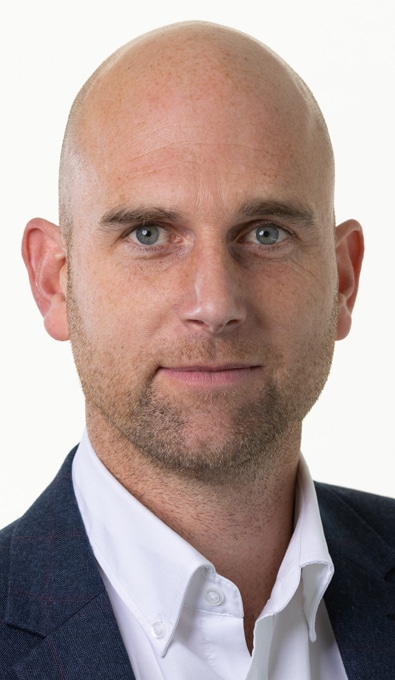Anna Yunnie is a professional applied scientist trained in marine biology & ecology. A specialist in areas including non-native marine species, fouling fauna biology, ecology & taxonomy, Anna is travelling to Saint Helena – a remote UK overseas territory in the South Atlantic – in early December 2023 to carry out fieldwork and consultancy on the island’s marine biosecurity.
Q: Why is marine biosecurity important to islands like Saint Helena?
Many remote islands have unique biodiversity and ecosystems and it’s vital these are protected – not least because they support the lives and livelihoods of local people through fisheries, aquaculture, and marine tourism. All of these things can potentially be affected if certain invasive species take hold and spread – these can quickly take over and cause major damage. It’s really important we maintain resilience of the marine environment – if species become spread all over and everything is homogeneous, there is no resilience.
Q: What work will you be doing in Saint Helena?
We will be very hands-on, going out on boats to survey moorings and jetty infrastructure. We will be looking at what fouling organisms might be present and trying to determine if any are newly-introduced species. We’ll also be taking samples back to the lab that has been set up, engaging with visiting yachts and boatowners, giving workshops to local stakeholders, and starting a reference collection of specimens.
Q: What types of organisms will you be looking for?
We’re particularly interested in looking out for species of introduced algae but I’ll also be looking for barnacles, tube worms, sea squirts, bryozoans, and hydroids – establishing what is native there and what is introduced. There are some “most wanted” invasive species we hope not to find.





